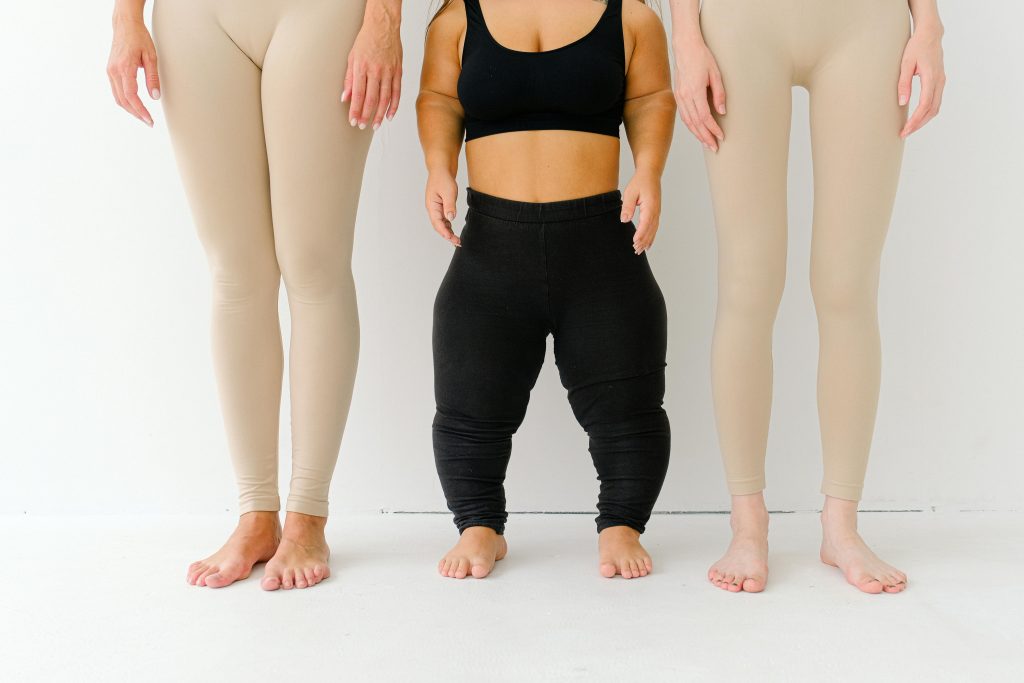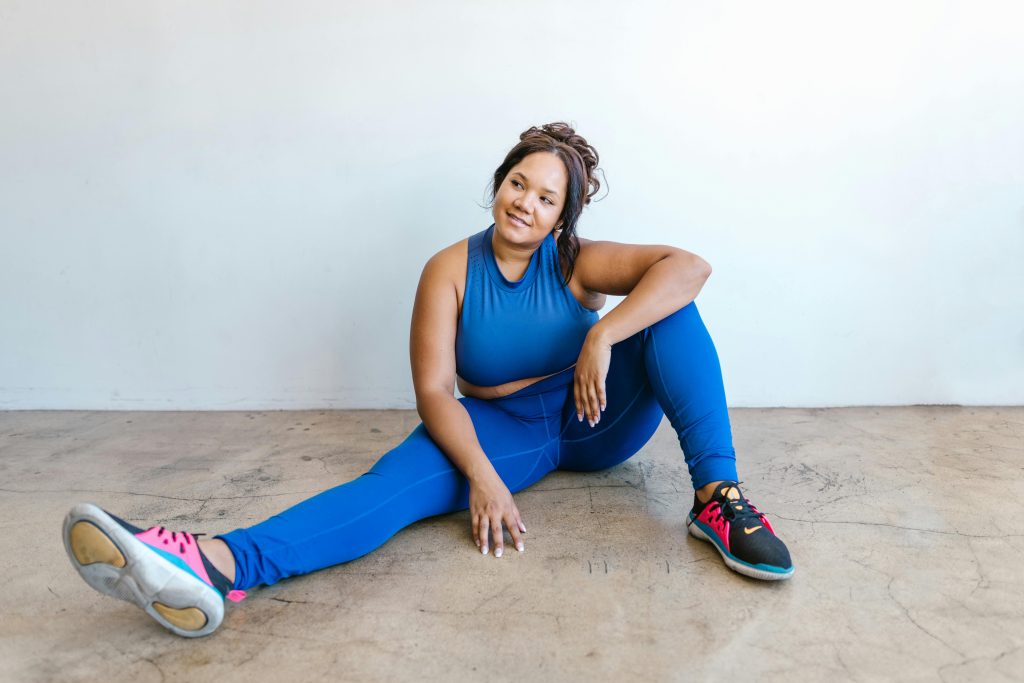Your Body, Your Rules: Why No One Else Gets to Decide What You Need to Change – Especially Your Weight
In a world saturated with “before and after” photos, “lose X pounds in Y days” challenges, and unsolicited advice about what we “should” be, it’s easy to feel like our bodies are public property, open for critique and commentary. They all decide what is best for you. From well-meaning relatives to aggressive marketing campaigns, the message often hammered into us is that we are inherently incomplete or flawed, and that our worth is tied to our appearance, particularly our weight.
But here’s the unshakeable truth: Your body is your own, and no one – absolutely no one – gets to decide what you need to change about yourself. Especially not your weight.
This isn’t just about defiant self-love; it’s about autonomy, mental well-being, and reclaiming your power in a society that too often tries to strip it away.

The Tyranny of External Expectations
We live in a diet culture, a pervasive system of beliefs that values thinness above all else, equates it with health and morality, and demonizes certain body types and foods. This culture thrives on making us feel inadequate, perpetuating the myth that if only we were a different size, our problems would disappear, and we would finally be happy, healthy, and successful. They decide what you should look like.
Think about the sheer volume of external voices dictating what your body “should” be:
- Social Media: A curated highlight reel of often Photoshopped or filtered bodies, promoting an unattainable ideal. Comment sections overflow with unsolicited “health” advice and body shaming.
- Media and Advertising: From fashion magazines to pharmaceutical ads, a narrow aesthetic is celebrated, often implying that larger bodies are a problem to be fixed.
- Family and Friends: Often with good intentions, loved ones might make comments about your eating habits, suggest diets, or express concern about your weight, inadvertently undermining your self-esteem.
- Medical Professionals (sometimes): While many healthcare providers are excellent, some still operate from a weight-centric paradigm, focusing solely on BMI as a measure of health and overlooking other crucial well-being factors. This can lead to misdiagnosis, shaming, and a lack of personalized care.
These constant external pressures create a dangerous internal dialogue. They erode self-trust, foster body dissatisfaction, and can lead to a host of detrimental behaviors, from restrictive eating and disordered eating patterns to excessive exercise and a crippling fear of food.
Only you decide if you want/need to lose weight. Do not let anyone push you into this decision: https://www.bariradka.com/2025/02/26/pushing-someone-to-lose-weight/

The Problem with Weight-Centricity
The obsession with weight as the primary indicator of health is a deeply flawed and often harmful approach. Here’s why:
- Health is Holistic, Not Just a Number: True health encompasses physical, mental, emotional, and social well-being. It involves adequate sleep, stress management, joyful movement, nourishing food, strong social connections, and access to healthcare. A person can be “thin” and deeply unhealthy, struggling with chronic stress, poor nutrition, and mental health issues. Conversely, a person in a larger body can be incredibly healthy, active, and vibrant.
- BMI is a Flawed Metric: The Body Mass Index (BMI) was developed in the 19th century by an astronomer, not a physician, and was never intended to be a measure of individual health. It doesn’t account for body composition (muscle vs. fat), bone density, ethnicity, age, or individual metabolic differences. It is, at best, a population-level statistical tool, and at worst, a tool for weight stigma and discrimination.
- Weight Cycling is Detrimental: The constant pursuit of weight loss, often through restrictive dieting, frequently leads to weight cycling (losing weight and then regaining it, often more than before). Research consistently shows that weight cycling is more detrimental to health than maintaining a stable weight, even if that weight is in a “higher” BMI category. It impacts metabolism, increases stress, and often leads to feelings of failure and self-blame.
- Focusing on Weight Ignores Root Causes: When conversations about health revolve solely around weight, they often miss the actual underlying issues. Stress, trauma, financial insecurity, systemic oppression, lack of access to nutritious food, inadequate healthcare, and environmental factors all profoundly impact health. Telling someone to “just lose weight” without addressing these complex realities is simplistic and ineffective.
- Weight Stigma is Real and Harmful: The societal bias against larger bodies leads to discrimination in healthcare, employment, and social settings. People in larger bodies often receive poorer medical care, face prejudice, and internalize shame, all of which contribute to negative health outcomes independent of their weight.

Reclaiming Your Autonomy: Why Only YOU Get to Decide
The most radical act of self-care you can undertake is to decide for yourself what truly serves your well-being. This requires cultivating a deep sense of self-awareness and self-trust, and actively tuning out the noise.
Here’s why your autonomy in this arena is non-negotiable:
- You Live in Your Body: No one else experiences your body’s unique sensations, its energy levels, its hunger and fullness cues, its comfort in movement, or its response to different foods. You are the ultimate expert on your own embodied experience.
- Your Values are Unique: What constitutes “health” or “happiness” is deeply personal. For one person, it might be running a marathon; for another, it might be enjoying leisurely walks and spending time with loved ones. Your priorities are yours alone.
- External Motivation is Unsustainable: Changes driven by external pressure or shame are rarely lasting or deeply satisfying. True, sustainable change comes from intrinsic motivation, from a desire to feel better, stronger, or more at peace for yourself.
- Self-Acceptance is the Foundation: You cannot hate yourself into a body you love. Sustainable well-being practices emerge from a place of self-acceptance and compassion, not self-loathing. When you accept your body as it is, you are better equipped to listen to its needs and respond with kindness.
- Your Journey is Your Own: Your path to well-being will be unique. It won’t look like anyone else’s, and it doesn’t need to conform to societal ideals. It’s about finding what feels good, what brings you joy, and what supports your overall flourishing. Only you decide what is good for you.

How to Cultivate Your Own Internal Compass
Breaking free from external pressures and stepping into your own body autonomy is a journey, not a destination. Here are some strategies:
- Practice Mindful Self-Awareness: Pay attention to your body’s signals. What does hunger feel like? What foods make you feel energized? What movement brings you joy? How does stress manifest in your body? The more you tune in, the better you’ll understand your unique needs.
- Challenge Internalized Messages: When a thought arises like, “I should lose weight,” or “I’m not good enough because of my size,” pause and question it. Where did that thought come from? Is it truly serving you?
- Unfollow and Unsubscribe: Curate your social media feed and media consumption to support your well-being. Unfollow accounts that promote diet culture, body shaming, or unrealistic ideals. Seek out diverse body types and voices that champion body neutrality and acceptance.
- Prioritize Joyful Movement: Shift your focus from exercise as punishment or a means to burn calories, to movement as a way to feel good in your body. Explore activities you genuinely enjoy – dancing, hiking, swimming, yoga, gardening, playing with pets.
- Practice Intuitive Eating: Instead of following rigid rules, learn to listen to your body’s hunger and fullness cues. Honor your cravings without judgment and cultivate a healthy relationship with all foods. This approach helps you reconnect with your innate wisdom about eating.
- Seek Weight-Inclusive Healthcare: Look for healthcare providers who practice from a Health At Every Size (HAES®) paradigm. This approach emphasizes well-being behaviors (like nutrition, movement, sleep, stress management) rather than focusing solely on weight, and treats all patients with dignity and respect, regardless of size.
- Build a Supportive Community: Surround yourself with people who uplift you, celebrate your authentic self, and respect your body autonomy. Engage in conversations that challenge diet culture and promote body diversity.
- Cultivate Self-Compassion: Be kind to yourself, especially on days when you feel vulnerable or bombarded by external messages. Treat yourself with the same empathy and understanding you would offer a dear friend.
- Define “Health” for Yourself: Take time to reflect on what a truly healthy and fulfilling life looks like for you. It might not involve a specific dress size or a number on a scale. It might involve energy, peace of mind, strong relationships, and the ability to pursue your passions.
Once you decide you are good enough, you are unstopable.

Your Power is in Your Choice
The journey to radical self-acceptance and body autonomy isn’t always easy. It means going against the grain, challenging deeply ingrained societal narratives, and sometimes even setting boundaries with loved ones.
But remember this: your worth is inherent. It is not tied to your size, your shape, or the number on a scale. You are deserving of respect, kindness, and dignity exactly as you are, right now.
No one else has the right to dictate what you need to change about yourself. Your body is your sanctuary, your vehicle for experiencing the world. You are the sole inhabitant, the ultimate authority.
So, listen to your own wisdom. Trust your own intuition. Reclaim your power. And live in your body, on your terms, with unwavering self-love and radical acceptance. Because your body, your rules. Always.

